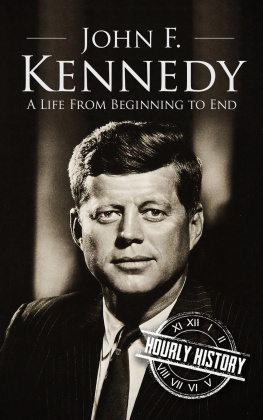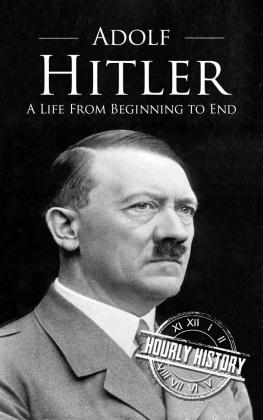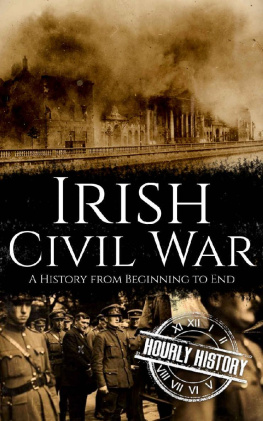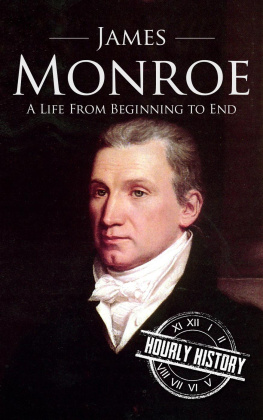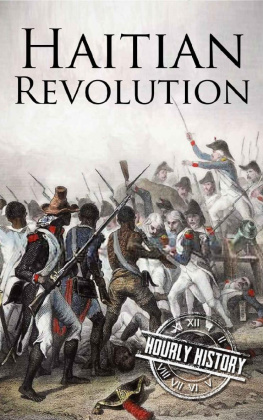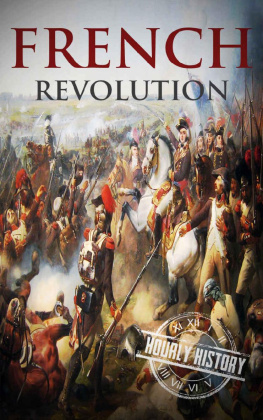Introduction
T he Age of Enlightenment is the defining intellectual and cultural movement of the modern world. In the simplest terms possible, the Enlightenment was born of the idea that all human beings share the same basic needs and as such should enjoy the same rights and privileges. Enlightenment philosophers believed that human reason, rationality, and benevolence would lead to the natural progression of society and the betterment of life on Earth. Intellectually, the Enlightenment gave birth to the disciplines of political science, economic theory, anthropology, sociology, and modern philosophy; those disciplines that still form the basis of how we attempt to understand life in the 21st century. The Enlightenment can be understood as a direct challenge to the status quo at a time when intolerant and superstitious religious beliefs dominated most peoples lives. Set free from the restraints of the church, the state, and the monarchy, according to the Enlightenment, human beings would be able improve society by focusing on developing the quality of material and social life.
Dating a movement is always a challenge and can never be strictly precise. Most historians agree that the Enlightenment began around the 1680s and lasted until the early 1800s. In Britain, the beginnings of enlightened thought can be traced back to the aftermath of the Glorious Revolution of 1688. Over a period of decades that began with the English Civil War, Britain was transformed from an autocracy led by the Stuart monarchy into a more constitutional society where religious tolerance was encouraged. In France, the death of Louis XIV in 1715 is often cited as the starting point of the Enlightenment, with the French Revolution of 1789 marking its end point. For some, the wellspring of enlightened thought can be found even further back in European history, around the 1620s when Europe experienced a surge of scientific enquiry, experimentation, and innovation.
For some historians, the Enlightenment was the direct result of the Renaissance and the Reformation. The Renaissance was the cultural rebirth of Europe. From its beginnings in 14th century Italy, the Renaissance encouraged the revival of classical art, literature, and architecture and forced a huge shift from what we now refer to as medieval times to modern. The Renaissance prepared the western world for the Reformation that would shake the authority of the Church in Europe to its core.
Next came the Scientific Revolution, which would never have taken place had it not been for the philosophical groundwork of the Enlightenment. The final greatest cultural shift of the modern world that can be clearly linked to the Enlightenment was that of Modernity. While the scientific and industrial inventions, social advances, and revolutions in ways of thinking that defined the modern age cannot be traced directly back to the Enlightenment, it was the Enlightenments core values that made this eventual shift possible.
The Enlightenment began as a philosophical group of ideas with the common themes of reason and progress. Before it was ever referred to as a movement, a project, or a historical phenomenon, the Enlightenment was simply an idea; the idea that a better understanding of our world and the people who occupy it could lead to the progression of our species and the betterment of the human condition on earth.
In this book we will look at this idea, how it evolved, diversified, and, eventually, changed the world.
The Great Thinkers of the Enlightenment
Sapere aude! Have courage to use your own reason!- that is the motto of enlightenment.
Immanuel Kant
T here are some very significant differences between the beliefs of Enlightenment philosophers of different nations and different disciplines. Beliefs held by certain French philosophers can differ dramatically from the beliefs of certain British economists, Spanish political thinkers, Irish novelists, etc. An incredibly diverse group, those thinkers and writers we now refer to as philosophers of the Enlightenment defy any easy classification. Above all else, the Enlightenment is best understood as a century of philosophy, and with this in mind it is instructive to take a brief look at the Enlightenments key thinkers, their lives, their writings, and their ideas.
The French Montesquieu, Voltaire, Rousseau, Diderot, Condorcet
P aris has been a hub of intellectual, cultural and artistic movements for hundreds of years, and in the mid-eighteenth century, a specific group of Paris writers had a formative influence on the Enlightenment that gradually swept over Europe and beyond. Identifying themselves as the philosophes, this group was inspired by the writers such as Locke, Newton and Pierre Bayle. At the center of the philosophes was Montesquieu (1689-1755) a French man of letters who wrote the iconic Spirit of the Laws (1748), a text often cited as representing the spirit of both the American and French revolutions. Trained as a lawyer, Montesquieus theory of the separation of powers into executive, legislative, and judicial, each of which are separate from each other and the power of the sovereign was absolutely revolutionary at the time and paved the way for constitutions adopted by nations across the world that are still un use today.
Another key philosophe was the ever-popular Voltaire (1694-1778) who used his literary skill to write plays, poems, novels, essays, and reams and reams of letters that expressed his philosophical beliefs to the masses. Voltaire was extremely critical of the dogmatic nature of the Catholic Church and constantly campaigned for the separation of the French state and church. An advocate of freedom of expression and critic of all religious institutions, Voltaires work was frequently censored, but in his writing he often used satire to mask his true beliefs, as in his most famous work, Candide (1759)
Another member of this group of enlightened Parisians was Rousseau (1712-1778) a philosopher, writer, and composer whose novel Emilie, or On Education (1762) was instrumental in educational reform in France. Rousseaus Confessions (1782) is the first major published work of autobiography and helped to legitimize subjective writing as a valid art form. Rousseau was also a political theorist and was preoccupied with injustice and inequality in French society. His texts Discourse on Inequality (1754) and The Social Contract (1762) are considered some of the most influential works to come out of The Enlightenment.
Diderot (1713-1784) shared the mission of the other French philosophes and made an incredible contribution to the Enlightenment by co-founding, editing, and contributing to the Encyclopdie. The Encyclopdie was a 35 volume work, created between 1751 and 1772, with the aim of incorporating all of the worlds knowledge into one text and, for many, represents the overall project of the Enlightenment.
Another Frenchman, the Marquis de Condorcet (1742-1794), used mathematics to inform his work in political science, creating the Condorcet method of calculating which candidate is most likely to win an election. Condorcet was passionate about the benefits of a liberal economy and constitutional monarchy and championed equal rights at a time when women and people of color were deemed second class citizens in France.
All five of these French philosophes shared a common goal: to develop a society based on reason, natural law, and scientific endeavour, unencumbered by the oppressive doctrines of the Catholic Church. Almost all members of the aristocracy, the philosophes were not necessarily revolutionaries, nor did they all necessarily put class equality at the forefront of their agenda, but the ideas they promoted in their writings directly challenged the power of the monarchy and the Catholic Church in France, helping to pave the way for the world-changing French Revolution.



